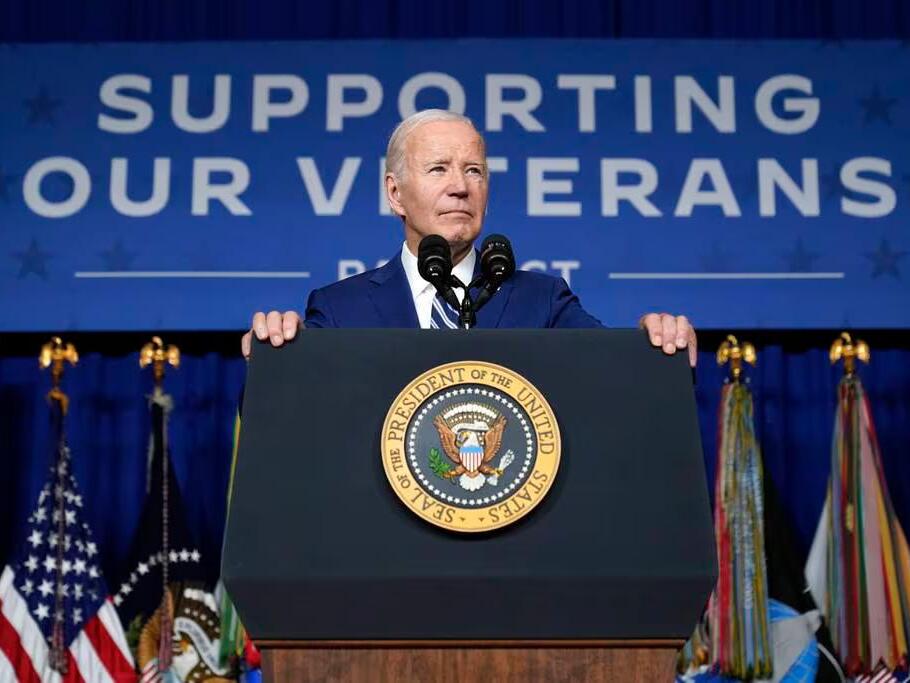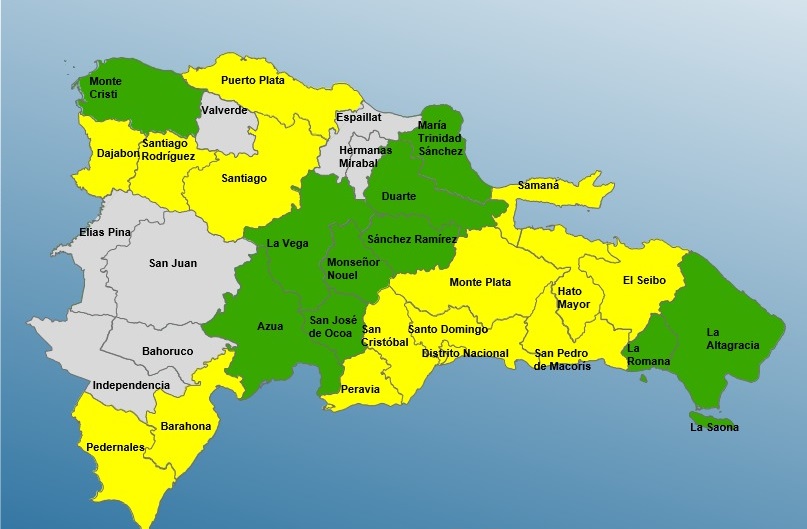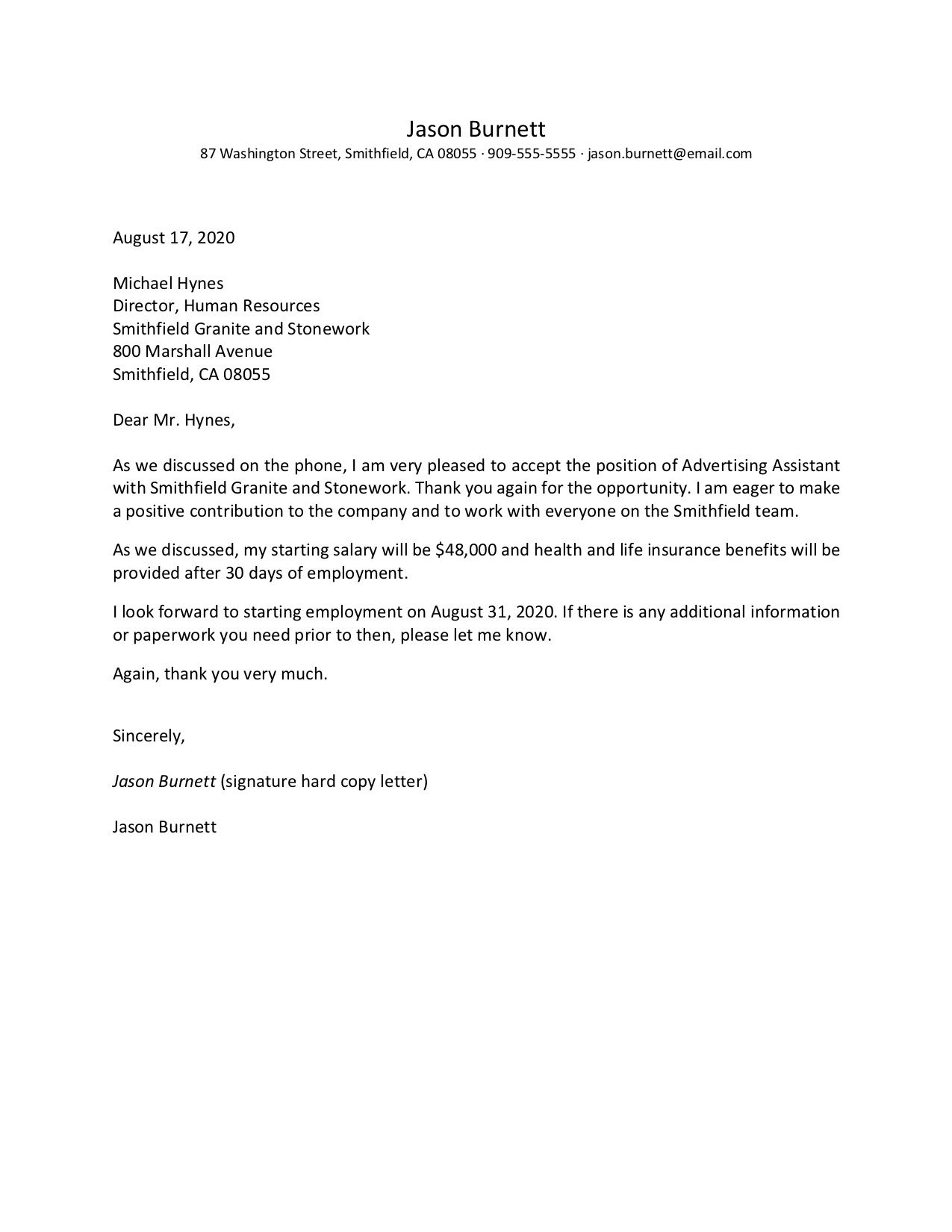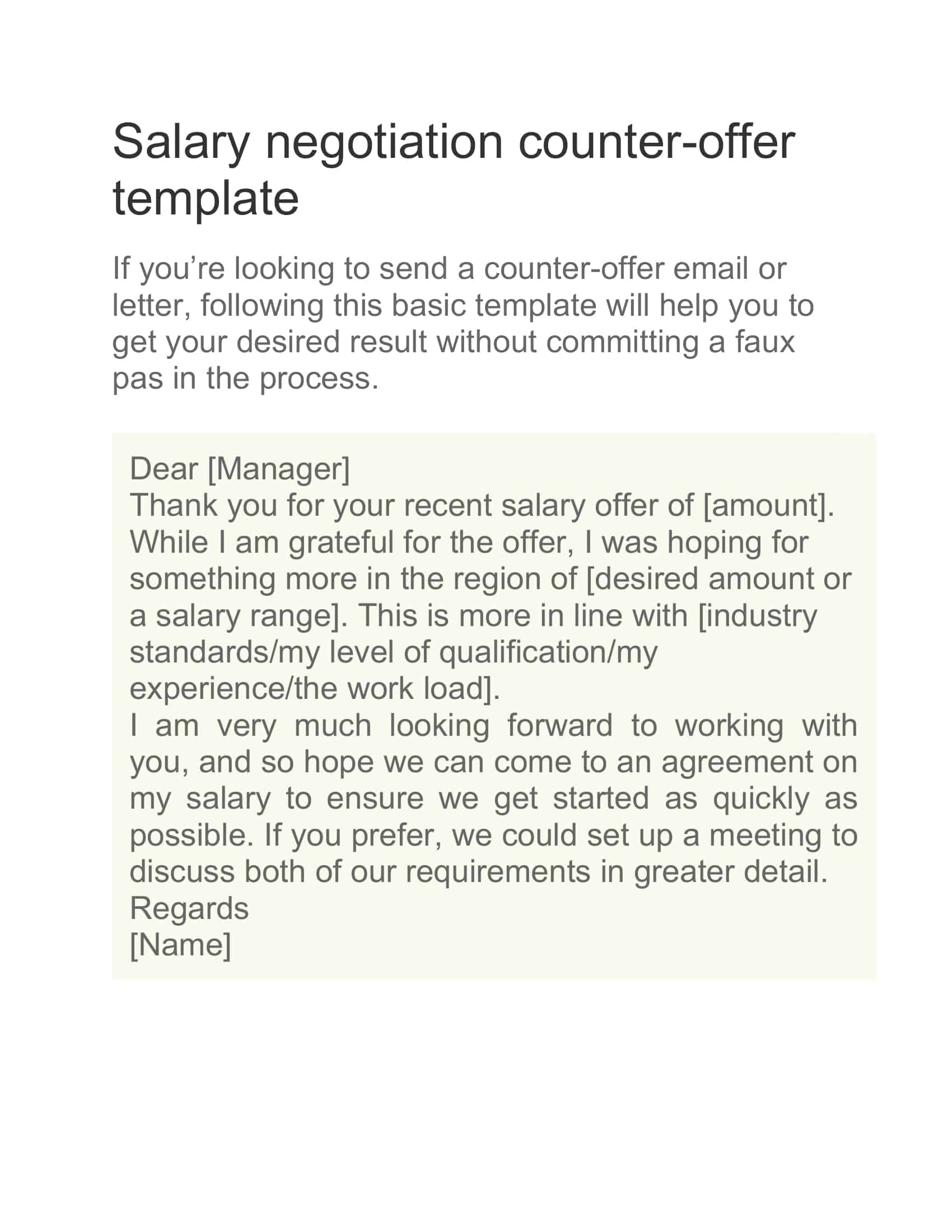Examining Presidential Power: Clinton's Budget Veto Threats

Table of Contents
The Political Context of Clinton's Budget Veto Threats
Bill Clinton's presidency (1993-2001) was marked by significant political challenges, setting the stage for his strategic use of budget veto threats. The era was characterized by a divided government, with Republicans controlling Congress for a significant portion of his time in office. This created a constant tension between the executive and legislative branches, making budget negotiations particularly fraught. The prevailing economic conditions also played a crucial role. The early 1990s saw a persistent budget deficit, leading to intense debates over fiscal policy and government spending.
- Political Gridlock: Frequent clashes between the Clinton administration and the Republican-controlled Congress over issues like tax cuts, welfare reform, and defense spending created a climate of political gridlock.
- Republican-Controlled Congress: The Republican majority in Congress, often pursuing conservative fiscal policies, frequently clashed with Clinton's more centrist approach.
- Economic Conditions: The persistent budget deficit and concerns about national debt created a pressing need for fiscal responsibility, shaping the context for budget negotiations.
Clinton's Veto Threat Strategy: A Case Study in Negotiation
Clinton skillfully employed veto threats as a central element of his negotiation strategy. He understood the power of the implied veto – the threat itself often proving more effective than the actual exercise of the veto power. This allowed him to shape budget legislation even without directly rejecting bills.
- Specific Examples: Clinton's threats regarding the 1995 and 1996 budget bills are prime examples. He frequently used public pronouncements and private meetings to pressure Congress into accepting his budgetary priorities.
- Negotiating Tactics: Clinton's team, including advisors and the Office of Management and Budget (OMB), played a key role in developing and implementing his veto threat strategy. They carefully crafted messages to influence public opinion and put pressure on Congress.
- Role of Advisors: The OMB played a crucial role in providing Clinton with the necessary economic data and analysis to support his veto threats and to negotiate effectively with Congress.
The Effectiveness of Clinton's Veto Threats: Assessing Success and Failure
Clinton's veto threats yielded mixed results, demonstrating the complexities of political bargaining and the influence of various factors.
- Successful Compromises: In several instances, Clinton's threats pushed Congress to make concessions, resulting in budget compromises that incorporated his priorities. These compromises often involved finding common ground on spending levels and tax policies.
- Veto Overrides and Failures: While successful in many instances, Clinton's veto threats weren't always effective. Congress occasionally overrode his vetoes, or ignored his threats altogether, highlighting the limits of presidential power in a divided government.
- Factors Contributing to Success or Failure: Public opinion played a significant role; strong public support bolstered Clinton's negotiating position. Conversely, shifts in public opinion or effective legislative maneuvering by Congress could undermine his threats.
Long-Term Impacts of Clinton's Budgetary Approach
Clinton's budgetary approach, particularly his strategic use of veto threats, left a significant legacy on presidential power and the budget process.
- Influence on Subsequent Presidents: His actions demonstrated the potential effectiveness of using veto threats as a bargaining tool, influencing subsequent presidents' approaches to budget negotiations.
- Changes to the Budget Process: While not directly resulting in major changes to the formal budget process, Clinton's actions underscored the importance of strategic presidential engagement in budget negotiations.
- Legacy on National Debt: Though Clinton's administration ended with a surplus, the long-term impact of his budgetary policies on the national debt remains a subject of ongoing debate.
Reassessing Presidential Power: The Enduring Legacy of Clinton's Budget Veto Threats
Clinton's use of budget veto threats reveals the complex interplay between presidential power, legislative politics, and the dynamics of budgetary decision-making. His strategic approach, while not always successful, significantly impacted budget negotiations and shaped the understanding of presidential leverage in fiscal policy. The success and failures provide valuable insights into the limits and potential of presidential power within a system of divided government. To further explore the nuances of presidential power in budget negotiations, delve into the historical records of Clinton's presidency and examine the lasting impact of his strategic use of budget veto threats. Understanding this critical aspect of governance is essential for informed civic engagement.

Featured Posts
-
 Freddie Flintoff Post Crash His Journey With Ptsd Facial Reconstruction And New Career Path
May 23, 2025
Freddie Flintoff Post Crash His Journey With Ptsd Facial Reconstruction And New Career Path
May 23, 2025 -
 Ralph Macchio Offers Update On Potential My Cousin Vinny Reboot Joe Pescis Role In Question
May 23, 2025
Ralph Macchio Offers Update On Potential My Cousin Vinny Reboot Joe Pescis Role In Question
May 23, 2025 -
 The Whos Roger Daltrey A Look At His Health Challenges At Age 81
May 23, 2025
The Whos Roger Daltrey A Look At His Health Challenges At Age 81
May 23, 2025 -
 A Who Stars Preference American Gigs Over British Ones
May 23, 2025
A Who Stars Preference American Gigs Over British Ones
May 23, 2025 -
 Situacion De Alerta En Republica Dominicana 9 Provincias Amarillas 5 Verdes Coe
May 23, 2025
Situacion De Alerta En Republica Dominicana 9 Provincias Amarillas 5 Verdes Coe
May 23, 2025
Latest Posts
-
 Responding To A Best And Final Job Offer A Guide To Negotiation
May 23, 2025
Responding To A Best And Final Job Offer A Guide To Negotiation
May 23, 2025 -
 Open Ais Next Move Acquiring Jony Ives Ai Hardware Company
May 23, 2025
Open Ais Next Move Acquiring Jony Ives Ai Hardware Company
May 23, 2025 -
 Job Offer Negotiation Strategies For Handling A Best And Final Offer
May 23, 2025
Job Offer Negotiation Strategies For Handling A Best And Final Offer
May 23, 2025 -
 The Future Of Ai Hardware Open Ai And Jony Ives Collaboration
May 23, 2025
The Future Of Ai Hardware Open Ai And Jony Ives Collaboration
May 23, 2025 -
 Beyond The Best And Final Offer Strategies For Salary Negotiation
May 23, 2025
Beyond The Best And Final Offer Strategies For Salary Negotiation
May 23, 2025
